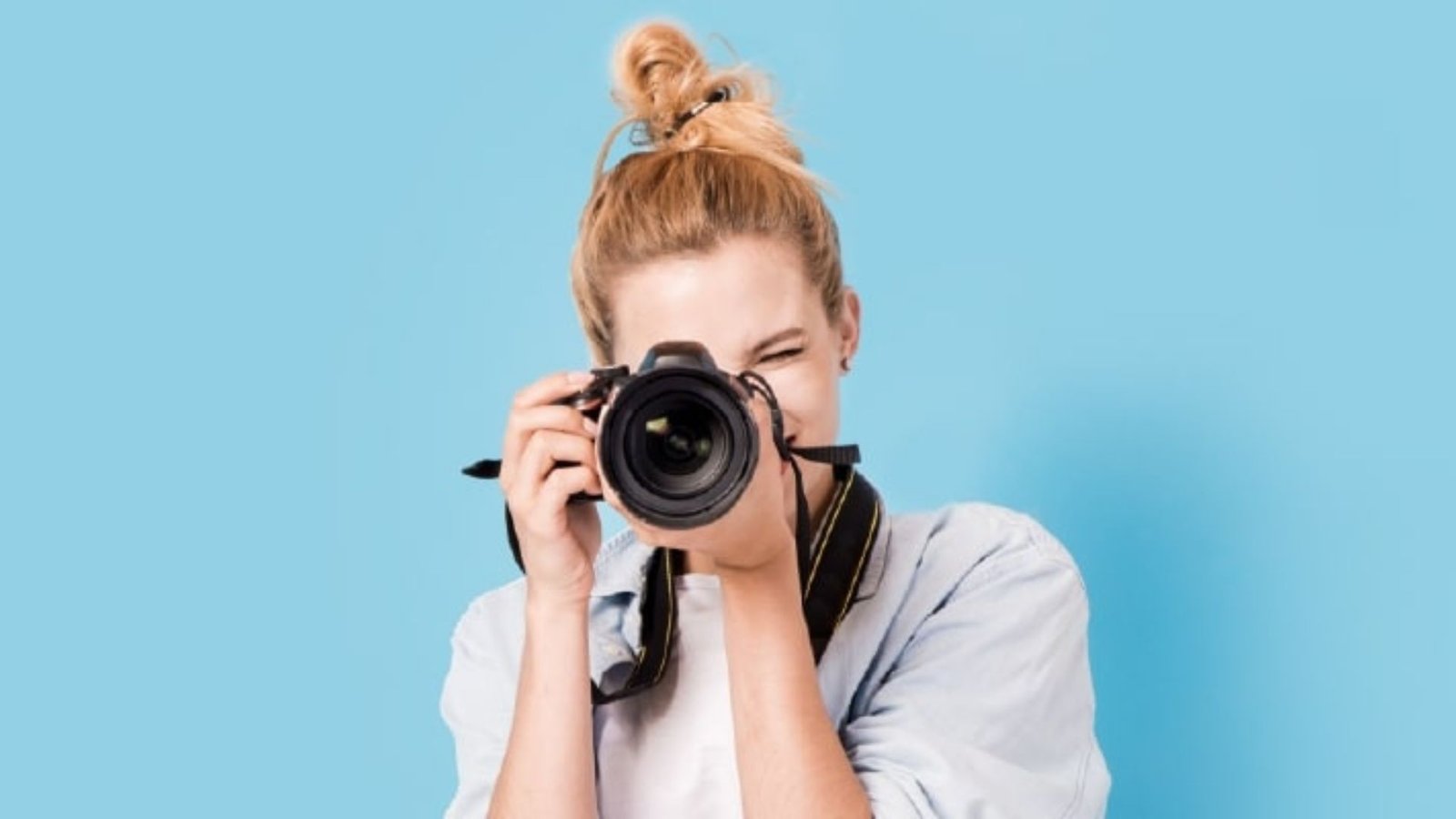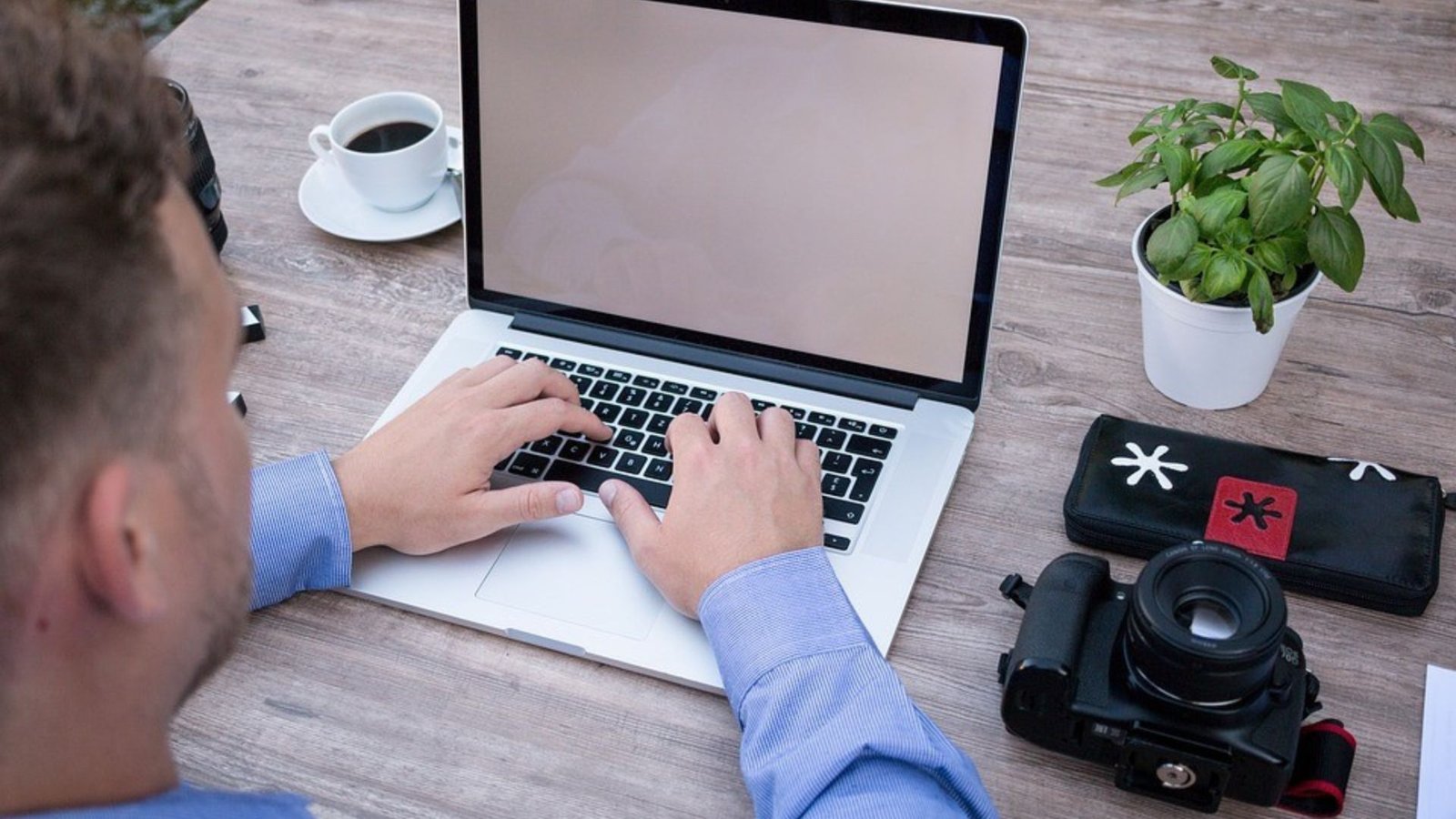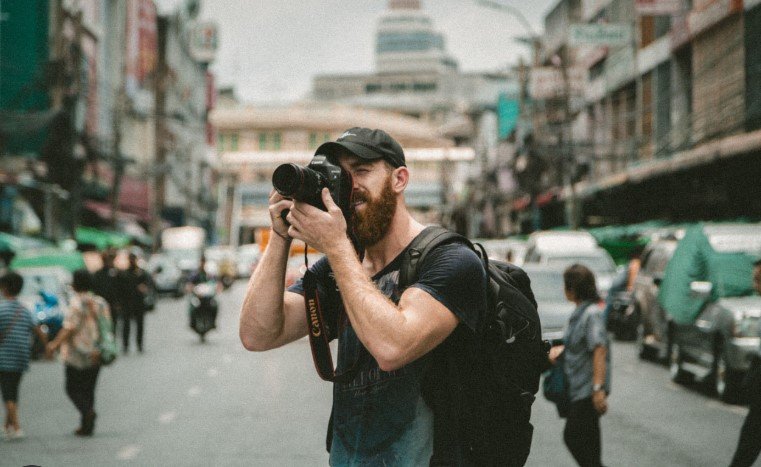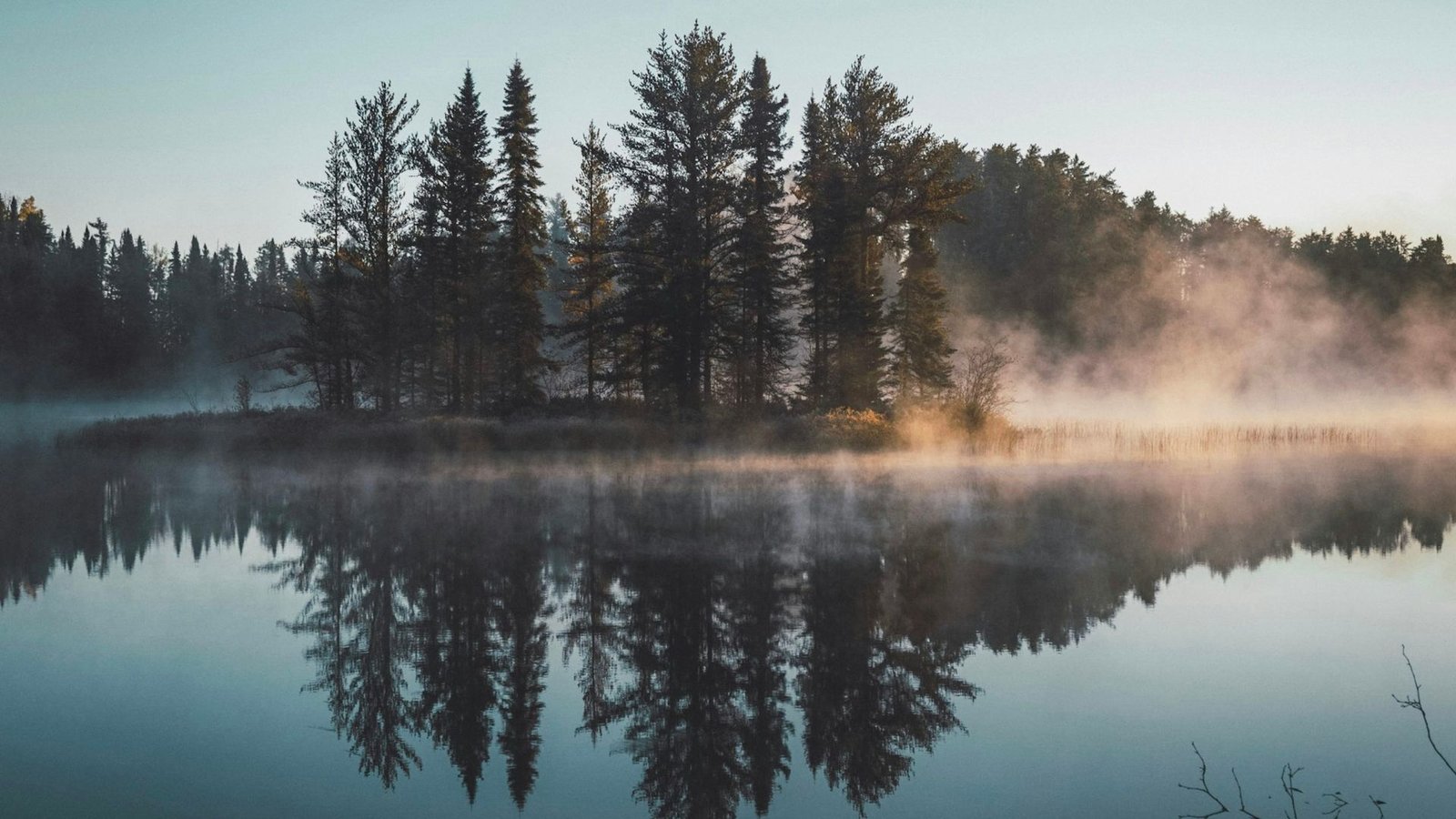Improving your photography skills can seem like a daunting task, but with the right approach, you can see rapid progress. Whether you’re a beginner or have been practicing for a while, there are simple strategies you can follow to sharpen your skills and start taking better photos quickly. In this article, we will discuss key tips on how to improve your photography skills fast, from mastering the basics to experimenting with new techniques.

Practice, Practice, Practice
The fastest way to improve your photography skills is by taking more photos. The more you shoot, the better you’ll get at understanding your camera, your subject, and how different settings affect your photos. Try taking photos every day, even if it’s just around your home or neighborhood. The key is to experiment with different subjects, lighting conditions, and angles.
By consistently practicing, you’ll develop a better eye for composition and become more comfortable adjusting your camera settings. Don’t be afraid to make mistakes—each mistake is a learning opportunity!
Master Your Camera Settings
One of the best ways to improve your photography skills quickly is by fully understanding your camera settings. Whether you’re using a smartphone or a DSLR, taking the time to learn how to control your camera will give you more creative freedom.
- Aperture: Learn how aperture affects the depth of field and the amount of light that enters the camera. Experiment with different aperture settings to create background blur or keep everything in focus.
- Shutter Speed: Understanding shutter speed is essential for capturing motion. Fast shutter speeds freeze action, while slower speeds can create beautiful motion blur effects.
- ISO: ISO controls the camera’s sensitivity to light. Learn how to adjust ISO to ensure your photos are bright enough without introducing too much grain.
Take your camera off automatic mode and experiment with these settings in different scenarios. You’ll see significant improvements in your photos when you have control over your exposure.
Focus on Composition
Composition is a crucial aspect of photography, and learning a few simple rules can help you take more visually appealing photos. Here are some basic composition tips:
- The Rule of Thirds: Imagine a grid dividing your frame into nine equal parts. Place important elements along these lines or at the intersections for a balanced and dynamic shot.
- Leading Lines: Use natural lines, such as roads, rivers, or fences, to lead the viewer’s eye toward the main subject of the photo.
- Symmetry: Symmetry can create striking photos. Look for symmetrical patterns in your environment, such as reflections in water or buildings with mirrored sides.
By applying these composition techniques, you can make your photos look more professional and visually engaging.
Understand Lighting and Use It to Your Advantage
Good lighting is one of the most important elements in photography. Learning how to use different lighting situations can drastically improve your photos. Here are some lighting tips to help you improve your photography skills:
- Golden Hour: The best time to shoot is during the golden hour, just after sunrise or just before sunset. The light is soft and warm, which creates beautiful, flattering tones in your photos.
- Avoid Harsh Midday Sun: The bright, direct light in the middle of the day can create unappealing shadows. If you need to shoot in harsh sunlight, try finding shade or using a diffuser to soften the light.
- Experiment with Artificial Light: If you’re indoors or shooting at night, try using artificial light sources like lamps, flashlights, or even your camera’s flash. Adjust the light’s direction and intensity to enhance your subject.
Understanding how light affects your photos and learning how to use it creatively will make a big difference in the quality of your images.
Experiment with Different Photography Styles and Subjects
Trying new things is one of the fastest ways to improve your photography skills. Experiment with different styles of photography, such as landscape, portrait, macro, or street photography. Each style requires different techniques, and experimenting will help you expand your knowledge.
- Landscape Photography: Focus on wide shots and capturing beautiful natural scenery. Use a small aperture to keep everything in focus.
- Portrait Photography: Practice taking close-up photos of people, focusing on facial expressions and using shallow depth of field to blur the background.
- Macro Photography: Explore close-up photography of small subjects like flowers, insects, or objects. This style requires attention to detail and a steady hand.
By experimenting with different photography styles, you’ll develop a broader skill set and discover what type of photography you enjoy most.
Edit Your Photos to Enhance Their Quality
Editing is a crucial part of modern photography. Even if you have the best shot, a little post-processing can make it stand out. Editing allows you to adjust exposure, contrast, colors, and sharpness to bring out the best in your images.
Use editing tools like Adobe Lightroom, Snapseed, or VSCO to:
- Adjust Exposure: Brighten or darken your image to get the perfect exposure.
- Increase Sharpness: Enhance the details in your photo by sharpening it.
- Enhance Colors: Boost the vibrancy or saturation of colors to make your photos pop.
- Crop: Crop your image to improve composition and remove unnecessary elements.
Editing helps you refine your images and can turn a good photo into a great one.
Learn from Other Photographers
Looking at other photographers’ work can inspire you and teach you new techniques. Study the photos of professionals, as well as other photographers in your community or on social media. Pay attention to how they compose their shots, use lighting, and tell a story through their images.
You can also join photography communities online or in person to share your work and receive constructive feedback. Learning from others is a great way to accelerate your growth and discover new ideas.
Conclusion
Improving your photography skills quickly comes down to practicing regularly, mastering your camera settings, focusing on composition, understanding lighting, and experimenting with different styles. With patience and dedication, you’ll see rapid progress. Remember, every great photographer started as a beginner, so embrace the learning process, make mistakes, and enjoy the creative journey. Keep experimenting, and soon you’ll be taking photos you can be proud of.





